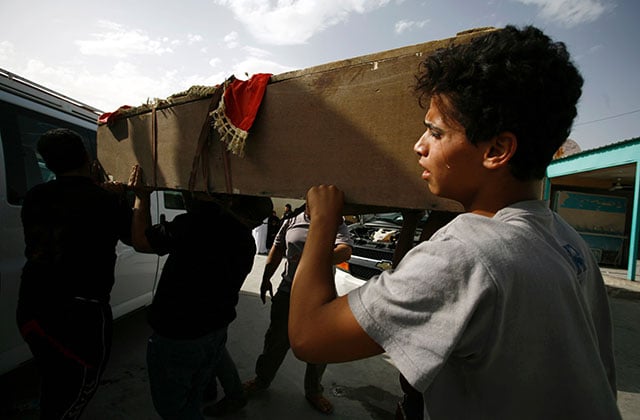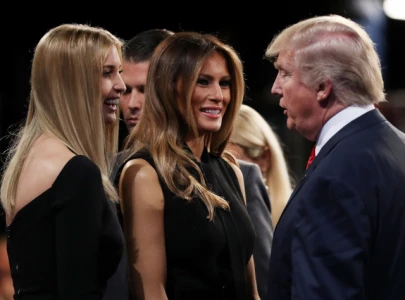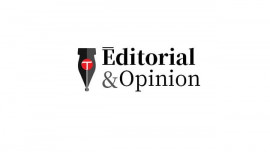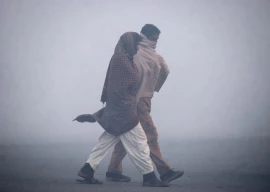
The political crisis in Iraq is multifaceted. There are external players working to destabilise the sitting government and separatist actors such as the Kurds and the Anbari tribes are also in the mix. There does appear to be a genuine will on the part of some politicians who seek stability and democratic plurality, but they tend to get drowned out by the extremists acting either to their own agendas or as proxies. On April 30, protesters briefly occupied the parliament building in Baghdad. They were demanding an end to sectarian quotas in politics and a meaningful fight against corruption rather than what is widely seen as a tokenistic response, as well as improved governance. Many of the protesters came from the target of the May 11 attack — Sadr city named after Ayatollah Muhammed Sadiq al-Sadr, father of the cleric Moqtada al-Sadr who is politically resurgent. With so many actors, the majority of whom are not committed to the peaceful resolution of the myriad conflicts that beset Iraq, it is difficult to see a way forward. A civil war is to all intents and purposes now raging, and it overlaps with the conflict in Syria. The IS may have been weakened by US air strikes but it is far from being broken and still has a firm grasp on its base in Raqqa. Western intervention in Iraq has left a toxic legacy that is decades away from dissipating.
Published in The Express Tribune, May 14th, 2016.
Like Opinion & Editorial on Facebook, follow @ETOpEd on Twitter to receive all updates on all our daily pieces

1726117332-0/Megan-Thee-Stallion-(1)1726117332-0-165x106.webp)
















COMMENTS (1)
Comments are moderated and generally will be posted if they are on-topic and not abusive.
For more information, please see our Comments FAQ